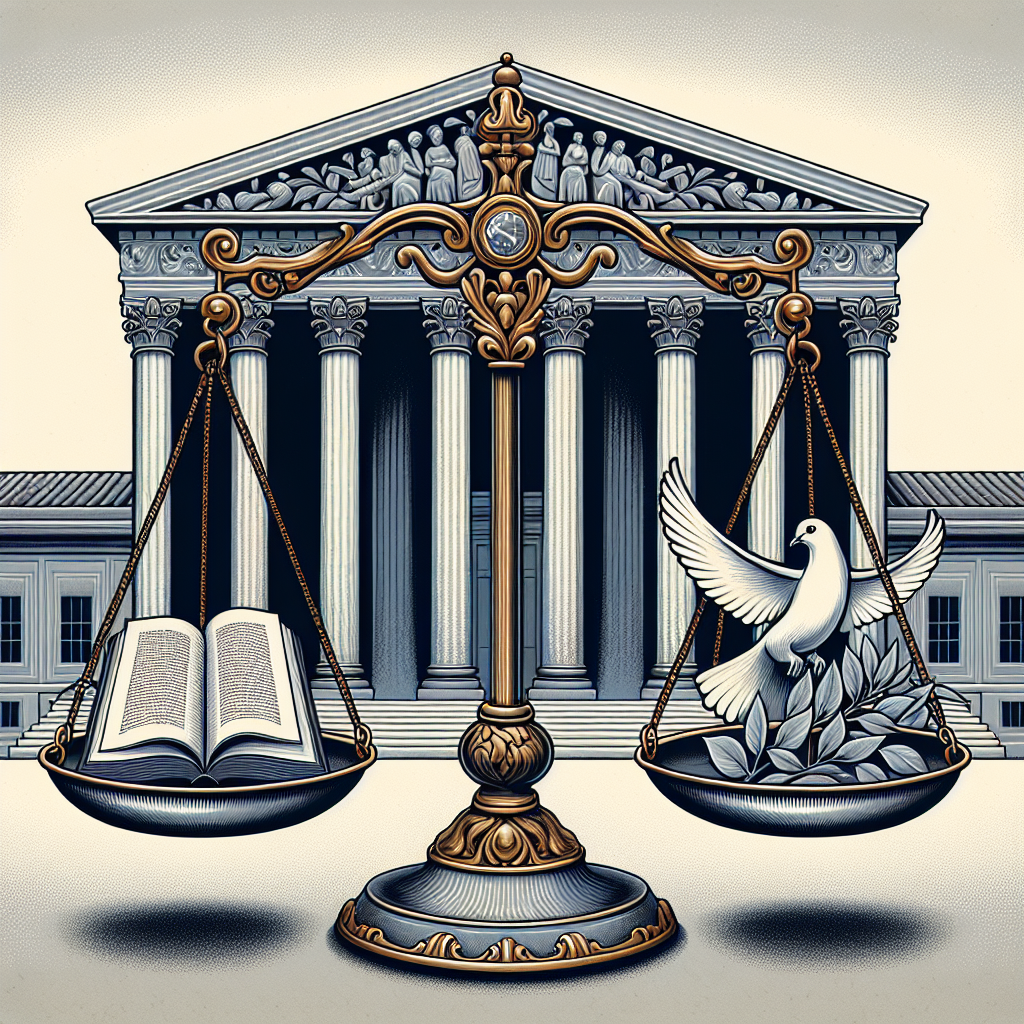In a landmark decision, the Supreme Court ruled in favor of religious freedom in a case that has been closely watched by advocates on both sides of the issue. The case, known as Fulton v. City of Philadelphia, centered around a Catholic foster care agency that sued the city of Philadelphia after it was prohibited from participating in the city’s foster care program due to its refusal to work with same-sex couples.
The agency, Catholic Social Services (CSS), argued that the city’s decision violated its First Amendment rights to free exercise of religion. The city argued that it had a duty to ensure that all potential foster parents, regardless of their sexual orientation, were given equal access to the program.
In a 9-0 ruling, the Supreme Court sided with CSS, holding that the city’s refusal to work with the agency due to its religious beliefs violated the agency’s rights under the First Amendment. In his opinion, Chief Justice John Roberts wrote that the city’s actions showed “a government that favors non-religion over religion.”
The decision was hailed by religious freedom advocates as a victory for religious liberty. The ruling reaffirms the principle that the government cannot discriminate against individuals or organizations based on their religious beliefs.
On the other hand, LGBTQ rights advocates expressed disappointment with the decision, arguing that it could open the door to further discrimination against same-sex couples in the foster care system. They worry that the ruling could pave the way for other organizations to use religious beliefs as a justification for discrimination.
The ruling comes at a time when the issue of religious freedom versus LGBTQ rights is being hotly debated in the United States. This decision is likely to set a precedent for future cases involving similar conflicts between religious beliefs and anti-discrimination laws.
In conclusion, the Supreme Court’s ruling in favor of religious freedom in the Fulton v. City of Philadelphia case represents a significant victory for religious liberty. However, it also raises important questions about the balance between religious freedom and anti-discrimination laws. As the debate continues, it is crucial for all sides to engage in respectful dialogue and work towards finding common ground that respects the rights of all individuals.

